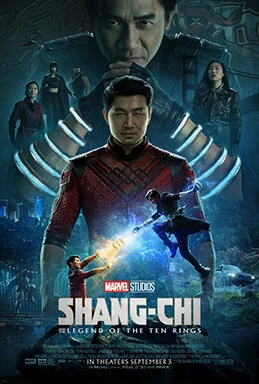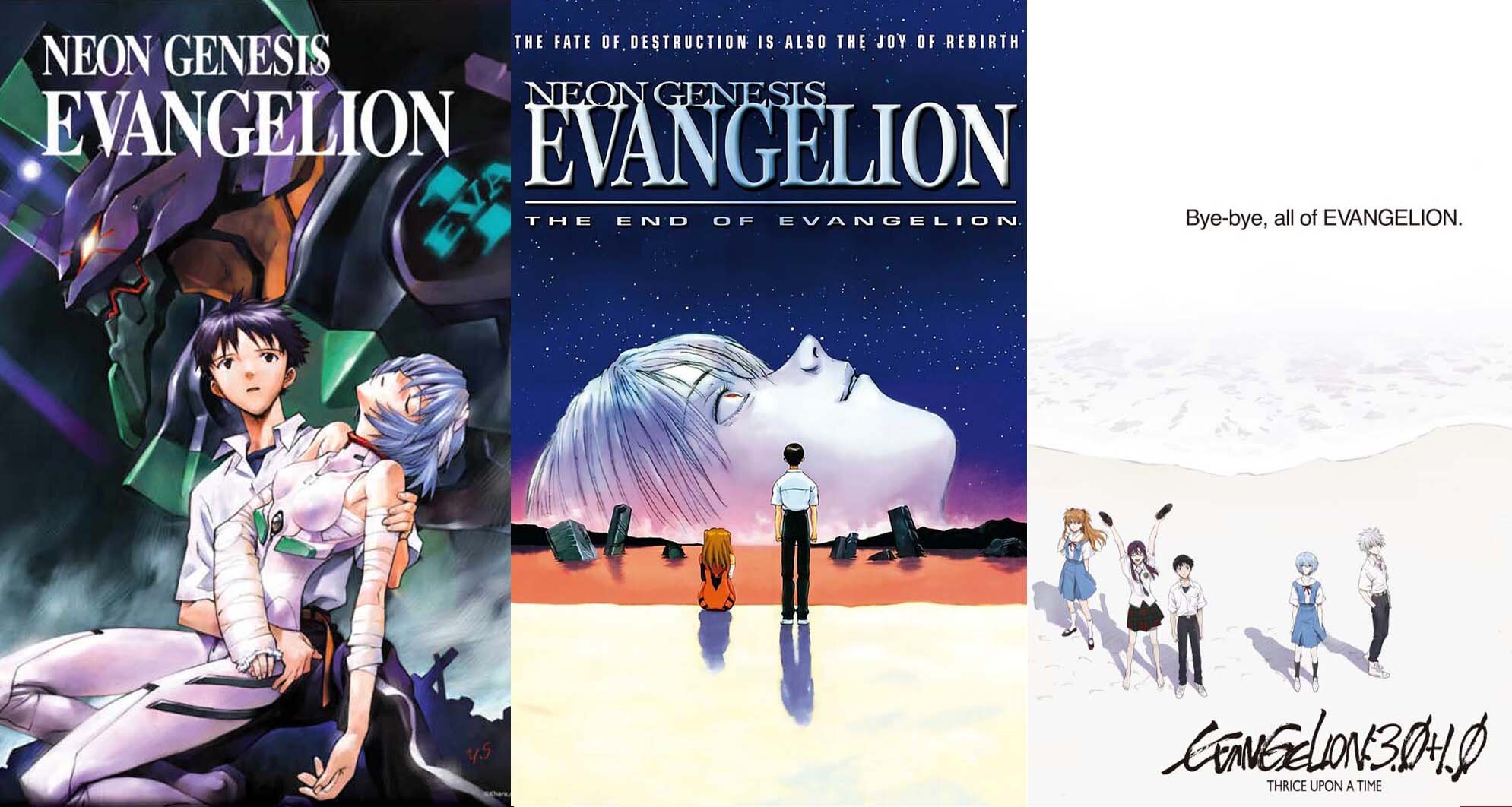'Shang-Chi and the Legend of the Ten Rings' film review: Phenomenal action, even better drama
The action packed martial arts superhero adventure 'Shang-Chi and the Legend of the Ten Rings' (in theaters Sept. 3) is an MCU-infused Wuxia star-making turn for Simu Liu anchored by an incredible performance from Hong Kong superstar Tony Leung.
In short: After walking away from his past and his training as a master of Kung Fu, Shang-Chi (Liu) is drawn back into the shadowy criminal Ten Rings organization created by his father Wenwu (Leung). Awkwafina, Meng'er Zhang, Michelle Yeoh and Benedict Wong also star.
'Shang-Chi' isn't just one of the strongest standalone Marvel movies - it's Marvel Studios at its very finest. Now dozens of films into Marvel films, the franchise has played with the heist, spy thriller and sci-fi fantasy genres - and now the MCU can officially add the martial arts genre to its universe. This is a Marvel version of a martial arts film and not the other way around, and that distinction is important. It's clear that 'Shang-Chi' is fundamentally a father-son martial arts drama, with all the requisite MCU bells and whistles tacked on. While 'Shang-Chi' eventually culminates in a crazy third act, with the fate of the world hanging in the balance, it's firmly and confidently a Wuxia, wire fu and all, story set in the MCU.
And for all the incredible action set pieces in this thrilling superhero adventure, 'Shang-Chi' is defined by its hero. He's been trained as a living weapon by a criminal warlord - but even after walking away from that life, the story finds Shang-Chi still conflicted about where he fits into the world. One of the strongest pillars of storytelling is 'identity' - and Shang-Chi has rejected what his father tried to mold him into becoming, with the story dragging him reluctantly back into a world he thought he had escaped.
Dozens of stories set in the Marvel Cinematic Universe, and the MCU is still exploring incredible new worlds. Perhaps surpassed only by 'Black Panther' in terms of pure world building, 'Shang-Chi' is a stunning adventure into an exciting new corner of the MCU, filled with compelling characters and a rich, lived-in history. The script rips Shang-Chi from the safety and normalcy of his unremarkable life in San Francisco, and pulls him back into the criminal underworld controlled by his father and the mystical world loved by his mother. These are the two aspects of Shang-Chi's life he had run away from, so its significant that these would be the two worlds he'd be pulled back toward. The MCU vividly fleshes out the beauty of his mother's home land, as well as revealing the vast and ruthless organization run by his father.
Although the MCU movies are almost always great centerpieces for their main characters, the MCU is also maligned for its less than stellar villains - but rest assured, Tony Leung elevates Wenwu as one of the great antagonists in the MCU. For and foremost, it's important to distinguish Wenwu from "The Mandarin," as he's been popularly known in Marvel Comics. The Mandarin, as depicted in the comics, is a one-dimensional Asian stereotype wielding powerful magical rings on his fingers. Frankly, it's a characterization that couldn't have worked in the MCU for many reasons - from its reductive caricature of terrible stereotypes to the fact that the comics "Mandarin" is little more than a villain with powerful rings that shoot magic out of them. Some people probably want that version of "The Mandarin" - but they would be wrong.
Wenwu, as portrayed in 'Shang-Chi' bears very little semblance to the comics version and this is a smart, necessary and beautifully executed pivot for this adaptation. It's not even worth referring to him as "The Mandarin" because Wenwu, first and foremost, is Shang-Chi's father. It's almost peripheral that he also runs an international criminal enterprise or that he commands the extraordinary powers of the alien ten rings. For all the martial arts action and incredible third act, 'Shang-Chi' is fundamentally a father-son story powered by an antagonist who is more misguided than outright evil. Leung's performance affirms Wenwu not merely some one-note, power mad supervillain - he's a man compelled by grief and love, elevating himself above the enemies just out for personal gain.
Honestly one of the concerns going into 'The Ten Rings' is how the film would make a Kung-Fu master capable of standing shoulder-to-shoulder with the likes of Captain Marvel and Spider-Man. At his core, Shang-Chi is an unparalleled martial arts master - but that only goes so far in a franchise filled with enemies ranging from monsters to gods. By the end Shang-Chi proves himself a hero as noble and powerful as any in the MCU - but perhaps most exciting: 'The Ten Rings' proves Shang-Chi is a true superhero worthy of joining the ranks of the next generation of Avengers.
And because it's a Marvel Studios film, yes, 'Shang-Chi' has extra scenes after the credits start to roll - so stay seated for a mid-credits scene as well as a post-credits scene.
Final verdict: In a post-'Endgame' MCU, 'Shang-Chi' is a rousing and revitalizing expansion of a universe filled with inspiring, iconic heroes.
Score: 4/5
'Shang-Chi and the Legend of the Ten Rings' opens in theaters nationwide Sept. 3. This action-adventure has a running time of 132 minutes and is rated PG-13 for sequences of violence and action, and language.





